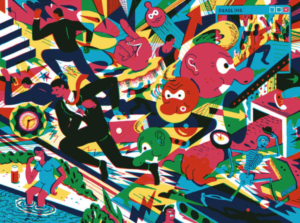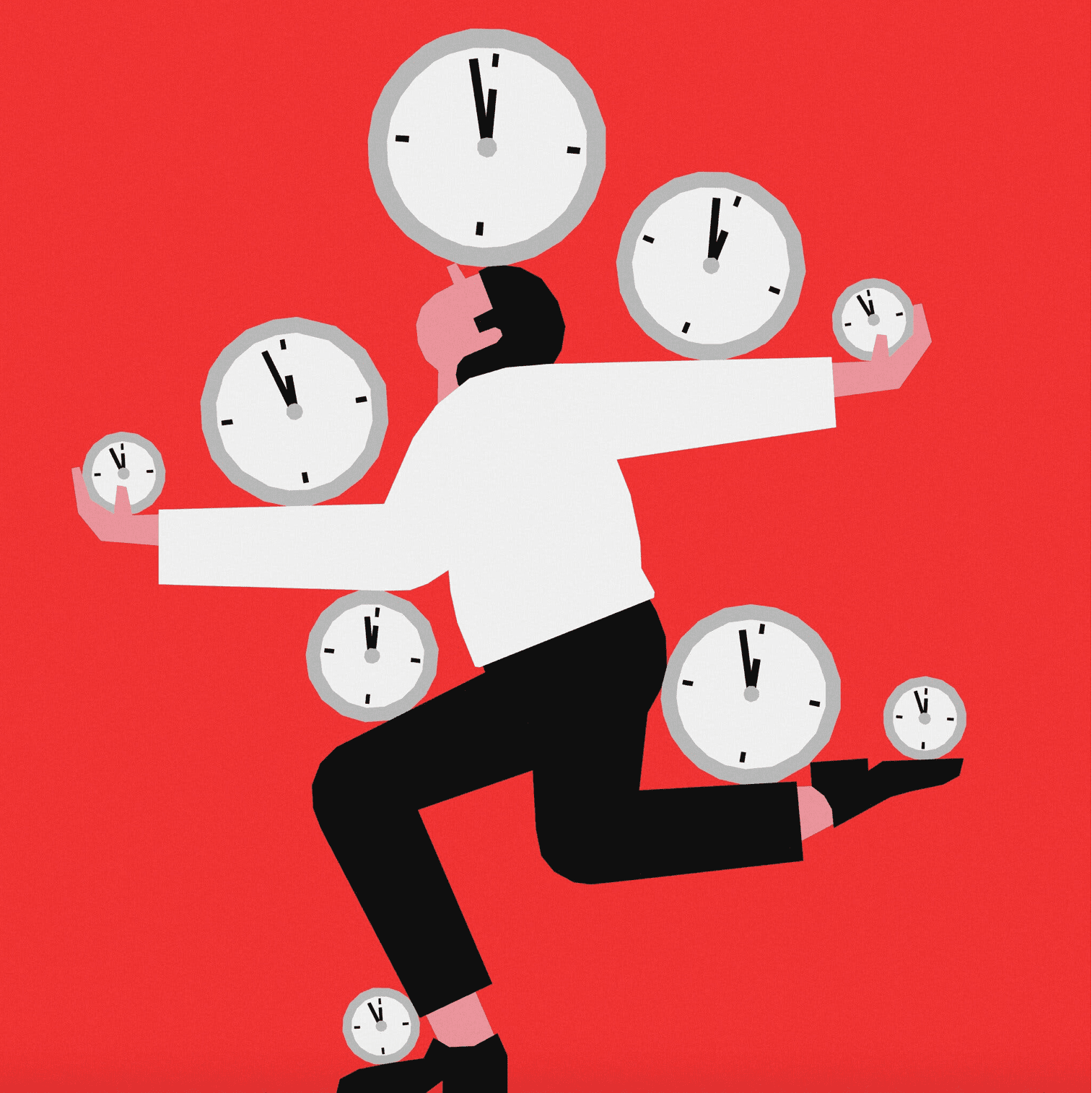By Gaia Rossi
On the 1st of February, a 19-year-old girl took her own life in the washroom of the IULM University in Milan, leaving a note in which she apologized for her academic failures. The news produced more noise on social media than among the major Italian newspapers (Corriere, Repubblica…) – these papers published articles that briefly outlined the event while leaving out the real reflection on everything wrong that lies behind this.
The focus here should not be on the event itself, which is an extremely delicate and sensitive topic – but rather, on the relationship between students’ mental health and the academic expectations of today’s universities. The focus is not on this particular university but an entire educational system along with its underlying value structure that makes one’s achievement – whether academic or professional – the only acknowledged success.
Certainly, there must have been some unknown personal background to reach such a point of no return, but this doesn’t mean we can ignore this or, worse , reduce it to a single act carried out by a ‘fragile’ person as we often hear people say. This is part of a much bigger crisis that should be acknowledged, both by the people and by governments.
, reduce it to a single act carried out by a ‘fragile’ person as we often hear people say. This is part of a much bigger crisis that should be acknowledged, both by the people and by governments.
A very high percentage of young adults have experienced at least once in their lives similar feelings to those that this student must have undergone: disappointment, performance anxiety, frustration, and lack of motivation. This is true on a global level: according to the 2021 UNICEF report – On My Mind: promoting, protecting and caring for children’s mental health – the most comprehensive study on child and adolescent mental health in the 21st century; one in seven adolescents between the ages of 10 and 19 has been diagnosed with a mental disorder.
Who has always felt they met the “accepted” expectations and standards? Who has never measured their goals against someone else’s and felt a thousand steps behind? These feelings have come to constitute a real pattern in a society that is increasingly merely performative. According to the Italian National Institute of Statistics (Istat) – the main producer of official statistics in Italy – especially among the very young, the sense of dissatisfaction is becoming increasingly systemic. Indeed, in 2021 in Italy, 220,000 young people between the ages of 14 and 19 declared themselves dissatisfied with their lives and in a condition of low psychological well-being.
Therefore, the point is not just this single act, as this deed is only the tip of a much larger iceberg that hides society’s hegemonic message that there is a fixed path that one must follow if one wants to be ‘successful’ – a path that does not allow derailments, delays, or second thoughts. This narrative normalizes a model that is anything but manageable: just think of the words ‘anxiety’ or ‘burn-out’ which, having become present almost everywhere nowadays, are not disconnected. This issue affects young people within universities as much as it does people in the modern work environment.For example, with what can be called an always “on-mode” of working, the pressure of a round-the-clock work culture – in which people are expected to answer emails at 11 p.m. and take calls on Sunday morning – is real. There are many factors of which this stems from. Capitalism has certainly played a key role in the establishment of what is known as ‘hustle-culture’ (or burnout-culture) in which people are led to believe that if they put their all into work – i.e. working long hours and sacrificing self-care – they can achieve anything and everything. This hustle-culture teaches us about how talent is secondary and success depends on the hours one is willing to put in and the sacrifices one is willing to make. This philosophy places work at the center of our world, and looks at rest as laziness. But is it fair to put our whole selves into work? Probably not, mostly it’s unhealthy. According to Forbes, 77% of people have experienced burnout in their work and 42% have left their jobs because they felt burnt out.
Another root cause is social media though we shouldn’t necessarily split between before and after, people partly suffered the same problems, but there was less discussion about it. However, social media certainly amplifies the problem to an extent. While before you had to compare your personal successes with your classmates and your more or less direct acquaintances, social media now acts as a highlight reel and gives us access to a whole world of people who seem to be doing a thousand things or going to a thousand events, undoubtedly fueling feelings of anxiety and dissatisfaction.
Thinking of general solutions for this problem is not easy, but it is enough to go step by step. For example, with the academic world in mind, it might be useful to consider and give a chance to another grading method that challenges the way teachers and students think about academic achievements. There’s a lot of discussion on the extent to which grades accurately reflect students abilities: for example, a non-graded method, based on written assessments that are meant to be more of an update on skills that students have learned and those they need to acquire, rather than a real judgment. Mastery-based learning, also known as proficiency-based or competency-based learning, is what we are talking about: this program – called Competency Collaborative – is catching on across the U.S. and more than 40 schools in New York have already adopted it. Mastery-based learning is an innovative and challenging way of learning and teaching that strives to go “beyond the grade” in order to encourage students to work towards truly acquiring knowledge, but especially work at their own pace while improving their self-esteem and succeeding their own unique way.
Moreover, the establishment of free listening desks in universities, as proposed by Italian Minister for Universities and Research Anna Maria Bernini, should become a common and established practice. These free listening desks are similar to psychologists at the Health Centre of Sciences Po and provide counseling and mentoring services to improve students’ quality of life. In some Italian universities such facilities already exist, but it is not a particularly developed practice or regarded as ‘norm’.
These are certainly steps in the right direction, but the problem is still societal and systemic, and it is not always easy to remember that everyone has their own time when society’s surrounding echo reminds one that you must hustle and that you cannot take wrong steps. We are cogs of a system where there is an assumption that if you are busier, you are more in demand and consequently your value increases – this is what’s called the busy-bragging phenomena: moaning about one’s schedule has become a mark of social status. However, being busy doesn’t necessarily mean being important and, above all, busyness can be a form of procrastination that makes you and others even more stressed.
Perhaps the trick when we feel overwhelmed by all this is to stop, take a step back from this machine, and do other things completely, even simply doing nothing for an evening or a day because resting is just as important as working. Idleness typically carries a negative connotation, but was actually celebrated by the ancient Greeks and Romans because it was distinct from inertia. In Cato’s words, therefore, one can be great not only in doing but also in otium, time to be used in disinterested activities with no other end than knowledge or intimate contemplation of oneself.
Other posts that may interest you:
Discover more from The Sundial Press
Subscribe to get the latest posts sent to your email.





